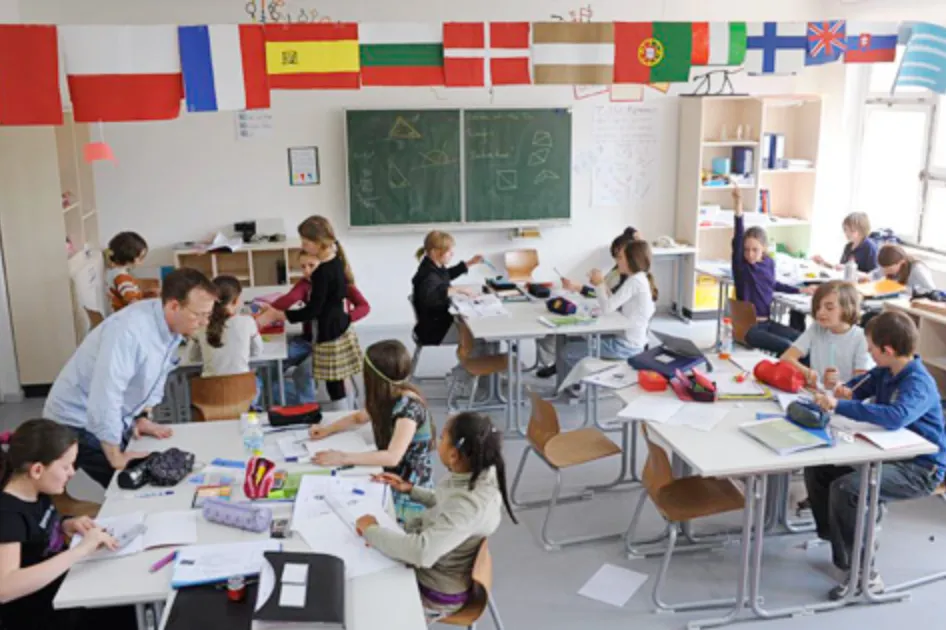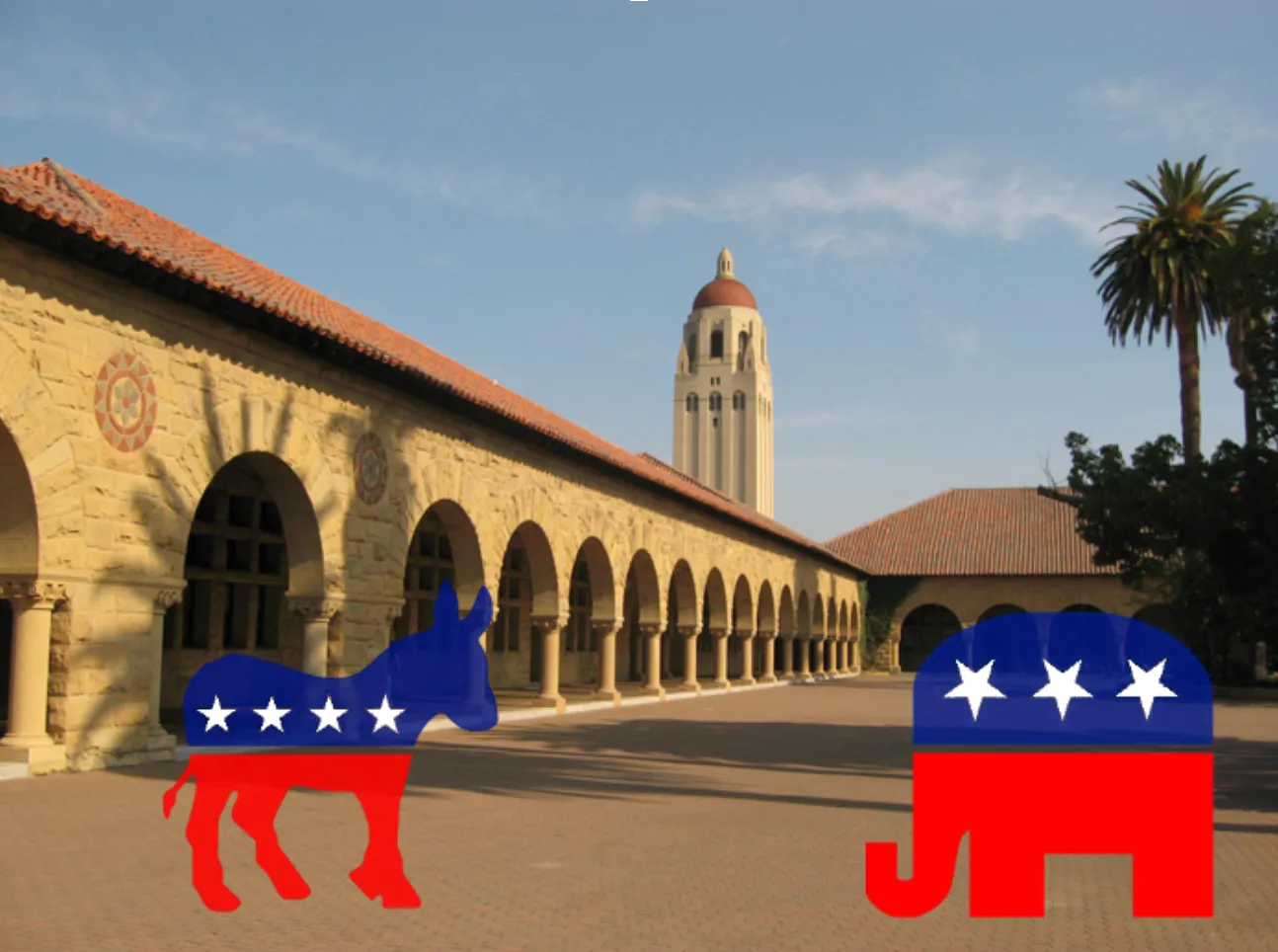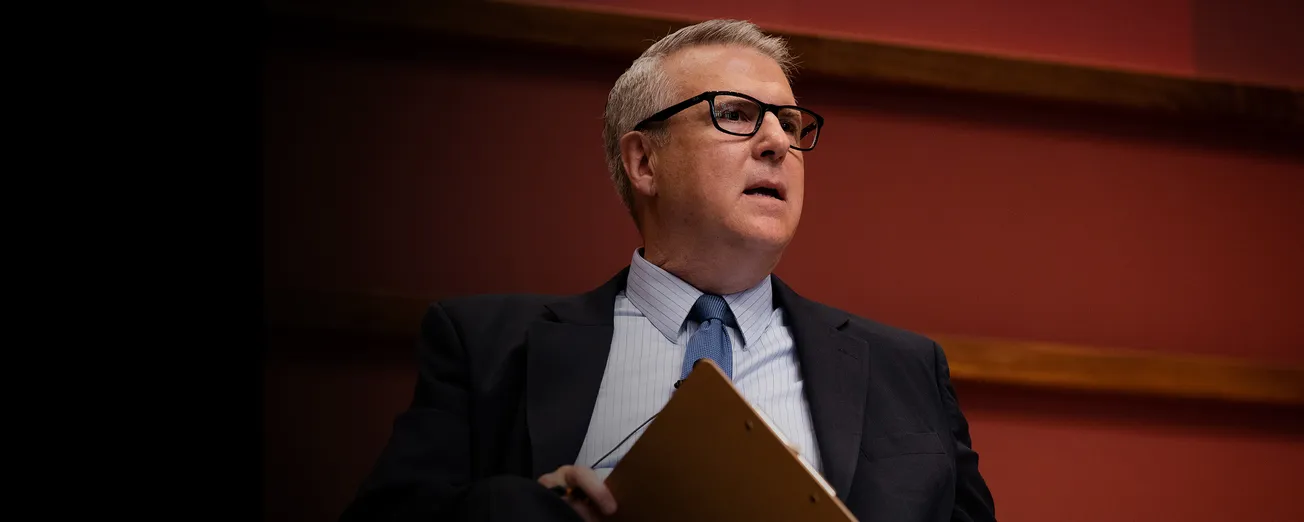Table of Contents
By the third grade, according to the study, the average charter school student was 5.3 points ahead on state exams in English compared with students who were not admitted to the charter schools. In math, the students were 5.8 points ahead. Most tests are scored on a scale of roughly 475 to 800.
This comes in contrast to findings about other lottery schools, such as those in Freakonomics, the popular economics book by Chicago economist Steven Levitt and journalist Stephen Dubner, which found instead the following about the better Chicago public schools that required a lottery to attend:
[T]he students who won the lottery and went to a “better” school did no better than equivalent students who lost the lottery and were left behind.
Hoxby’s results show that at least some charter schools work (note: this is not meant to argue that all charter schools work, as other studies have found very mixed bag results for different schools; setting up effective rules for creating and evaluating charter school performance is clearly important), that their positive effects aren’t just the result of selection bias, the idea that the best students want to go to the charter schools and thus any better results are just due to the initial differences between the student pools (the practice of schools taking only those students that have parents who are involved enough to apply has been termed “creaming” by some), not due to the schools themselves. Hoxby acknowledges the need for more research on the outcomes of this improvement, but the underlying result is clear: there is room for improvement in education and effective charter schools are going to need to be part of that improvement.







